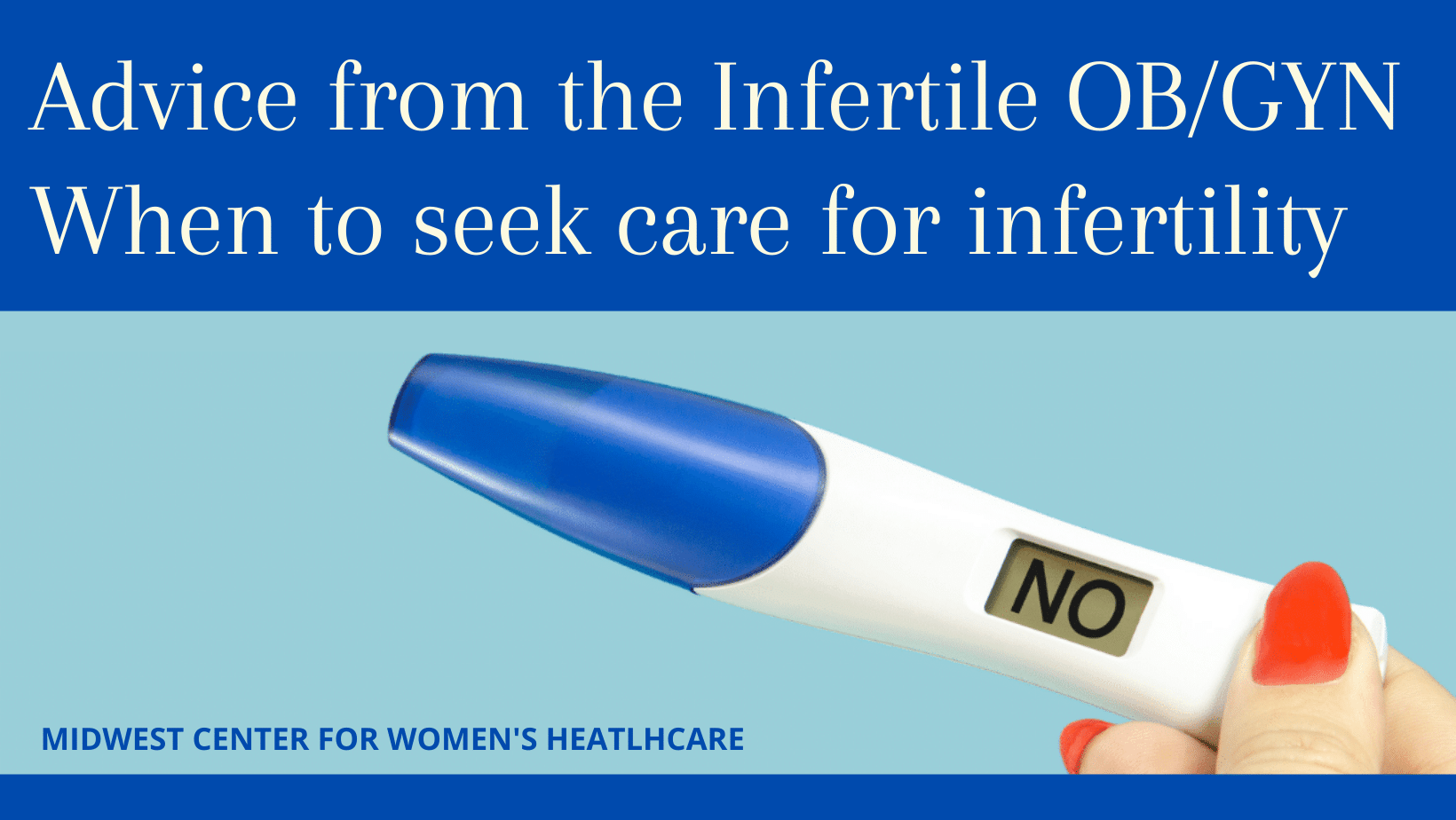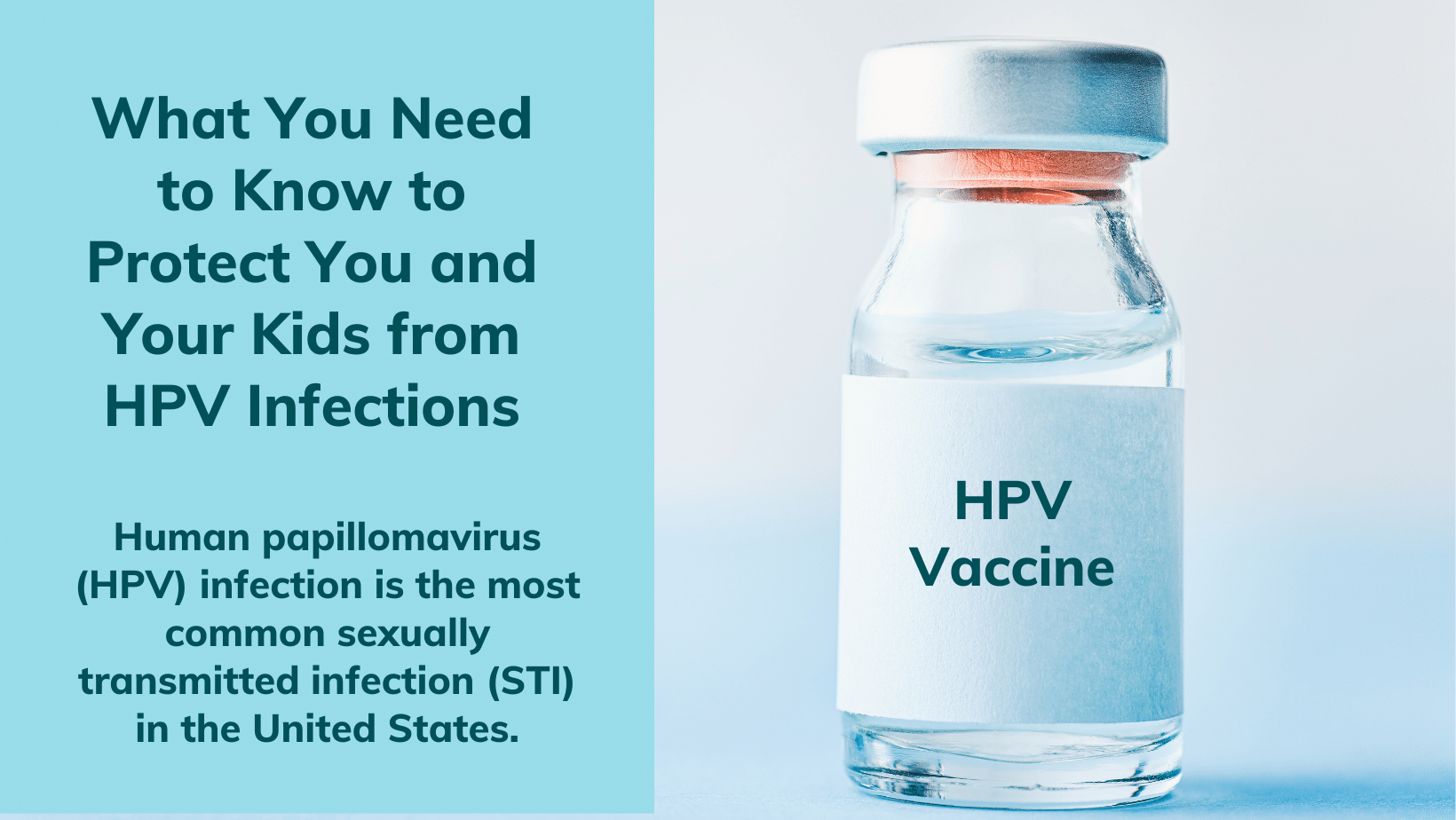Infertility
2024-05-09T20:21:24-06:00Advice from the Infertile OB/GYN: When to seek care for Infertility Fertility concerns are commonly discussed during Ob/Gyn visits. Statistics show that 1 in 8 couples are faced with the issue of infertility. Most often Ob/Gyn physicians discuss fertility concerns with women who choose to pursue a career that delays their plans for childbearing until late in their 20’s or even their 30s. Many women today are delaying childbearing. In fact, in 1970, the average age at which a woman bore her first child was 21.4yrs old. In the United States, the average age has increased to 26 in the year 2018, and to 30.3 years for women with a college degree. So, the question is, when should a woman seek care from their Ob/Gyn if they are concerned that they are not getting pregnant? It is certainly true that more and more women are waiting to have children. We have seen a trend in our own practices, but this is not something unique to the Chicagoland area. In general, this is a rising trend that has been observed over the last few decades and particularly in high income countries like the United





